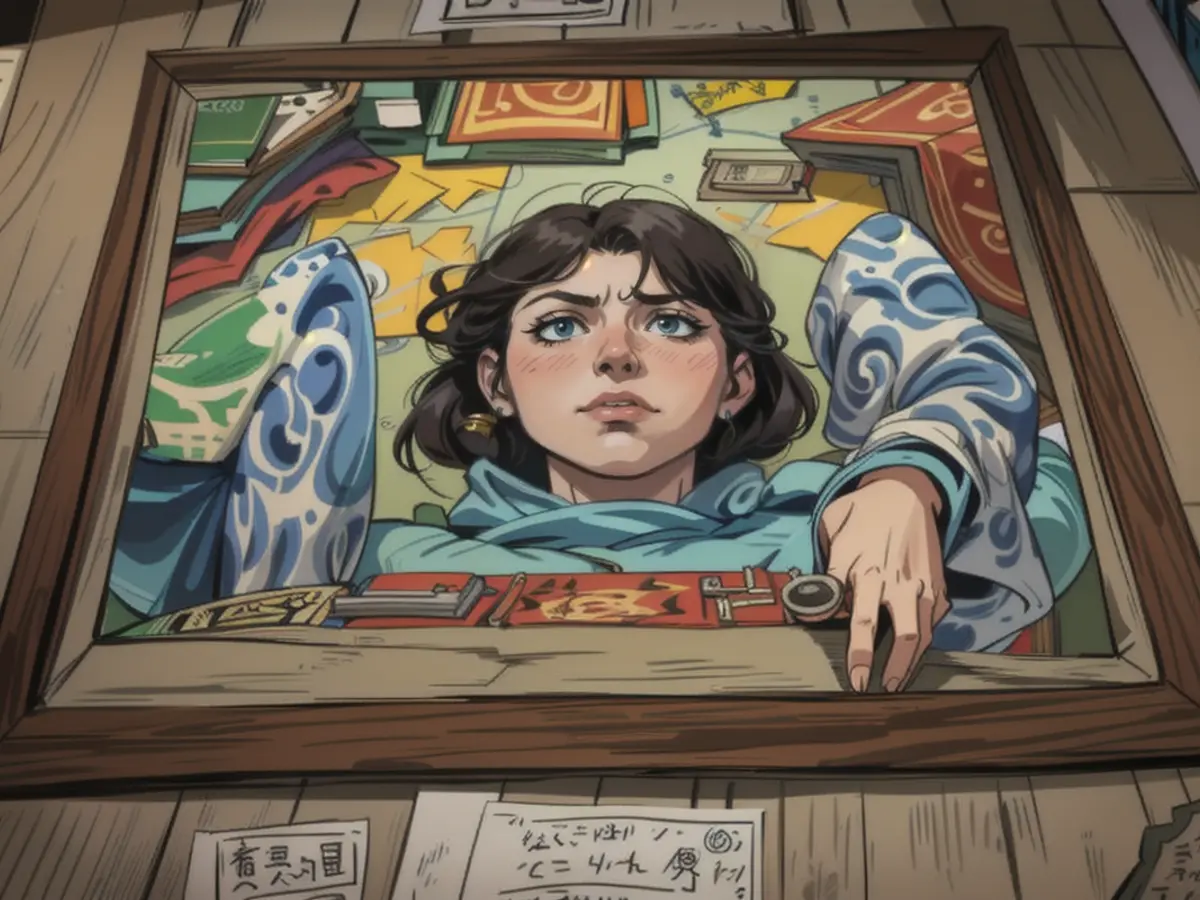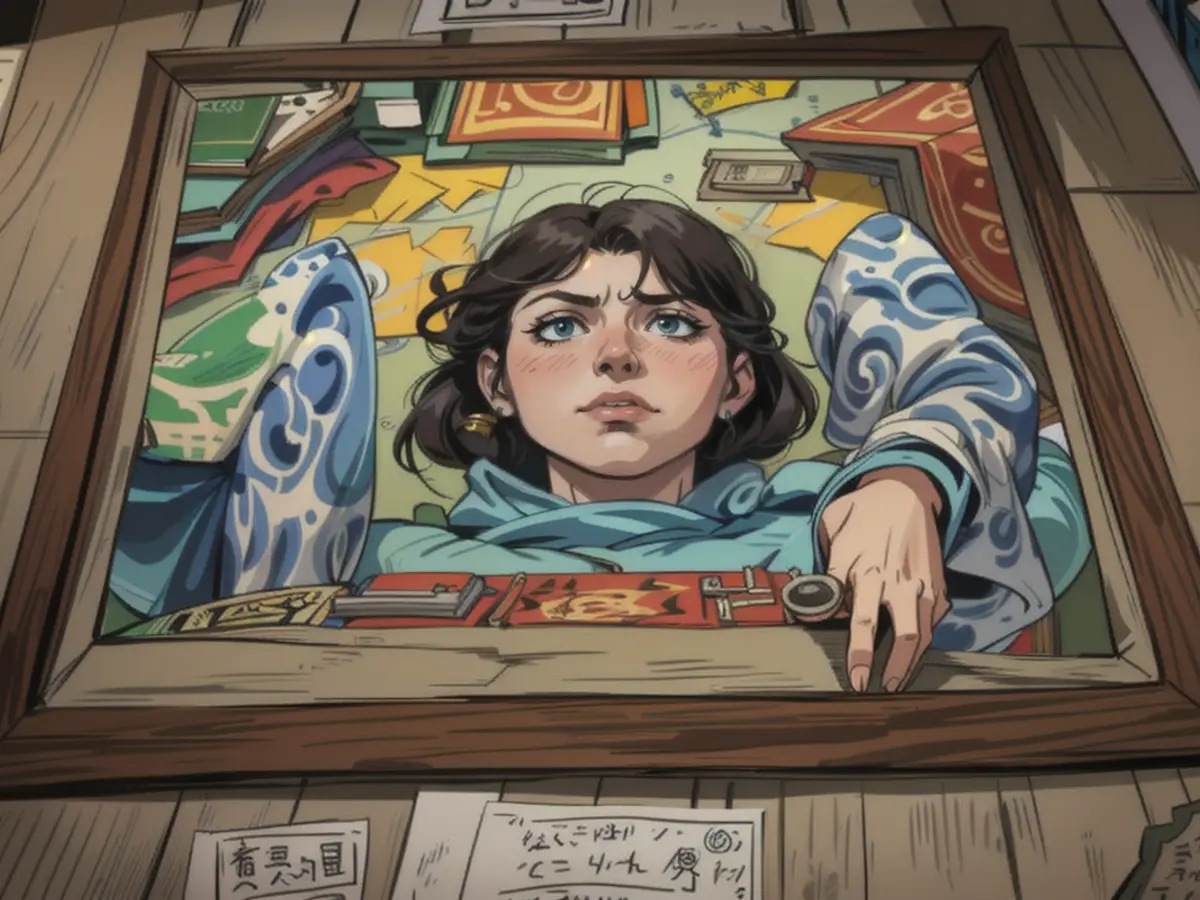The European court has declared Italy as the legal owner of the Getty Museum's bronze statue.
A recent decision by the European Court of Human Rights came in response to a request from the Getty Museum to intervene following an Italian court order in 2018 that demanded the confiscation and return of a bronze statue found at the bottom of the Adriatic Sea by fishermen in 1964. The trinket, held in such high esteem in Italy, has been the focus of a decades-long effort by the country to reclaim its "stolen" cultural heritage.
Court papers show Italian authorities have asserted that the statue was stolen and whisked out of the country before it landed in the hands of the Getty Museum for an estimated $4 million in 1978. The statue, known in Italy as the “Athlete of Fano,” and referred to by the Getty as both the “Getty Bronze” and the “Victorious Youth,” is reportedly a masterpiece of ancient Greek art from the Classical era, according to Italy's Cultural Heritage Ministry.
Despite the court's latest decision, the Getty Museum is contesting the ruling. In a statement, they asserted, "We believe that Getty's nearly 50-year public possession of an artwork that was neither created by an Italian artist nor found within the Italian territory is appropriate, ethical, and in line with American and international law."
Italy has been determined to retrieve hundreds of artworks exhumed from excavations sites or plundered by what they refer to as 'tomb raiders' and then sold on the black market. The Victorious Youth has long been a prized target.
In 2007, the Getty handed over 40 questionable artifacts in a deal that has since paved the way for multiple other museums globally to return stolen art and artifacts to Italy and Greece. The Victorious Youth was on that list, but the Getty chose not to return it, arguing that it was discovered in international waters and thus not necessarily an Italian artifact.
In response to Italy's relentless pursuit of the artifact, Sangiuliano, the Italian Minister of Culture, stated, "The European Court of Strasbourg has recognized the rights of the Italian State with a clear ruling regarding the ownership of the 'Victorious Athlete' statue, uncovered near the Marche coast and subsequently stolen. We will carry on our mission to wrench the statue back with a newfound zest, and have it back in Italy soon."
Sangiuliano further announced that they have severed all collaborative relationships with foreign cultural institutions that do not adhere to the confiscation orders issued by Italian authorities for the illegal export of cultural goods.
Italy's Cultural Heritage Ministry has now shifted its focus to other contentious pieces. They expressed their intention to collaborate with US authorities to return the statue and, along with this, are also seeking the return of the Doryphoros of Stabia from the Minneapolis Museum.
After the court ruling, Maurizio Fiorilli, an Italian government attorney, proclaimed jubilantly, "This is not simply a win for the Italian government. It's a victory for culture."

Read also:
- Caught up in the present: the end of "The Crown"
- Through New Year's Eve with TV shows
- What's next for the series hits?
- Which shows will be on?
The style of the "Victorious Athlete" statue is considered a masterpiece of ancient Greek art from the Classical era. The Italian government's arts policy includes the retrieval of artworks that have been stolen or illegally exported, such as the "Victorious Athlete" and the Doryphoros of Stabia.
Source: edition.cnn.com








